Visit us in San Francisco
Academic standards. Pioneering research. Personalized care. Start your journey at the UCSF Center for Reproductive Health, located in Northern California's San Francisco Bay Area.
HOPE (Harness multiple Opportunities for Pregnancy loss Exploration)
TRIOS (Trio analysis of Recurrent pregnancy loss Integrated bioinformatics genomics Study)
Recurrent pregnancy loss (RPL) can affect up to 5% of couples. Although chromosomal abnormalities explain about half of sporadic pregnancy losses, many RPL patients remain unexplained. The TRIOS Study’s aim is to understand what biological factors are associated with normal and abnormal pregnancies. Molecular profiles will examine the interactions between the genes and the environment and how metabolism and immune systems change in normal and abnormal pregnancies. This study will hopefully help providers identify possible targets and improve future treatments for families suffering with unexplained pregnancy loss.

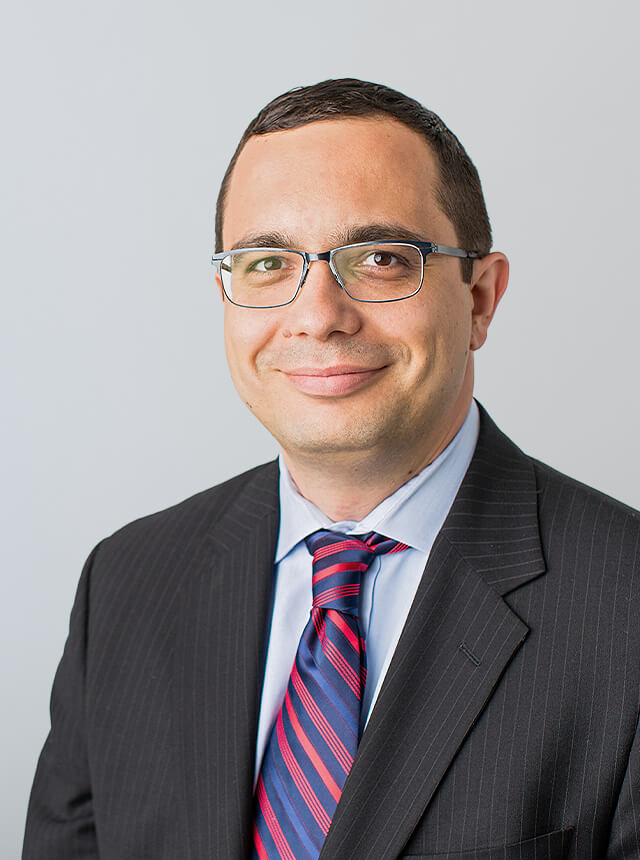
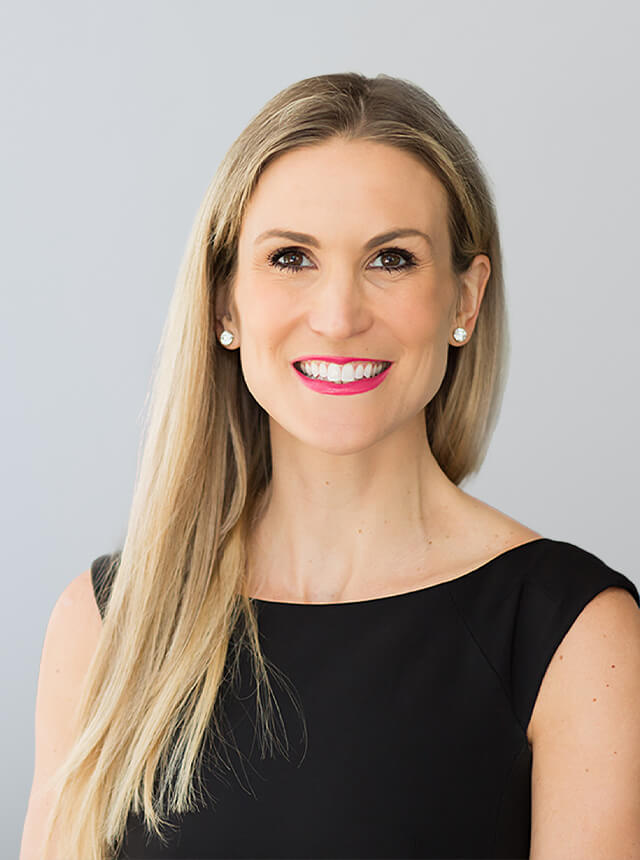
The CLeAR study is investigating markers of inflammation and reproductive health. Inflammation may influence human fertility and we would like to know more about these factors and evaluate the impact of these markers on various stages of reproduction. Participants will be asked for a short blood draw and follicular fluid collection (typically discarded during IVF) during their retrieval procedure.
You may be eligible if you are: female, aged 18-43 years old, and undergoing in vitro fertilization (IVF) treatment
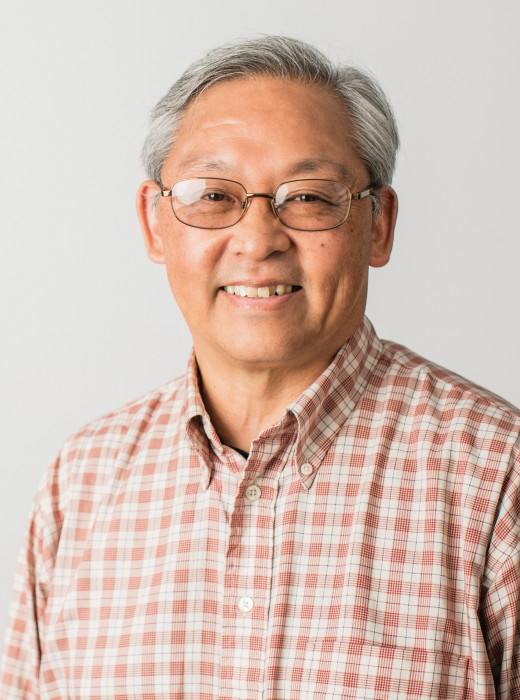
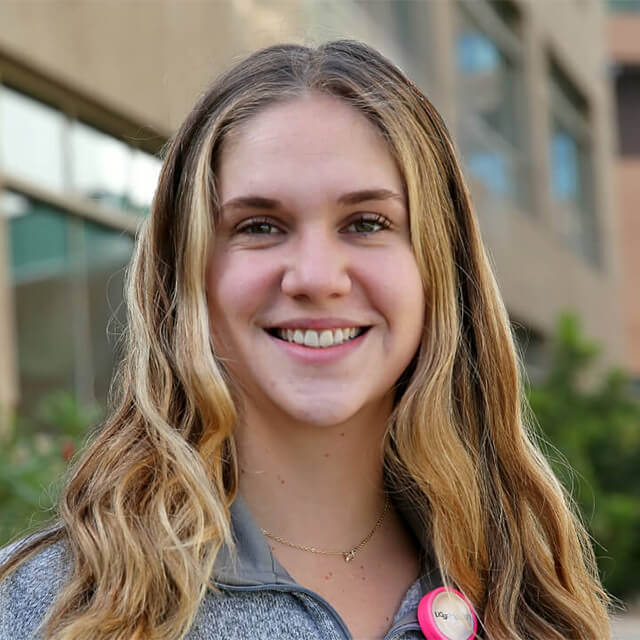
Despite the rise in the number of births from fertility treatments, there are limited long-term data on health of the offspring. The purpose of the study is to establish an epidemiological cohort of almost 4,000 pregnancies to address critical public health questions regarding potential metabolic risk to children conceived through fertility treatments.
You may be eligible if you: have previously/are currently receiving fertility treatment from UCSF Center for Reproductive Health
We are currently not accepting any new participants.
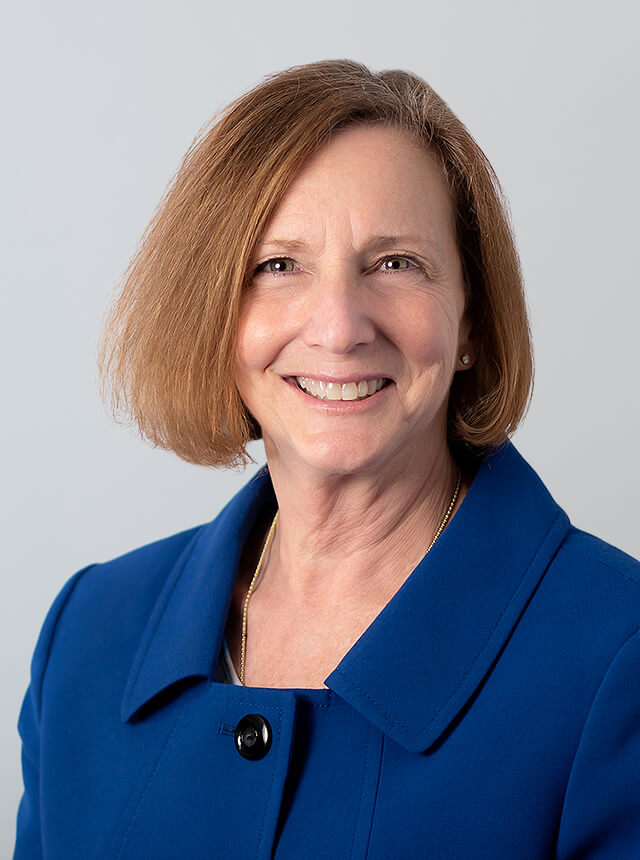
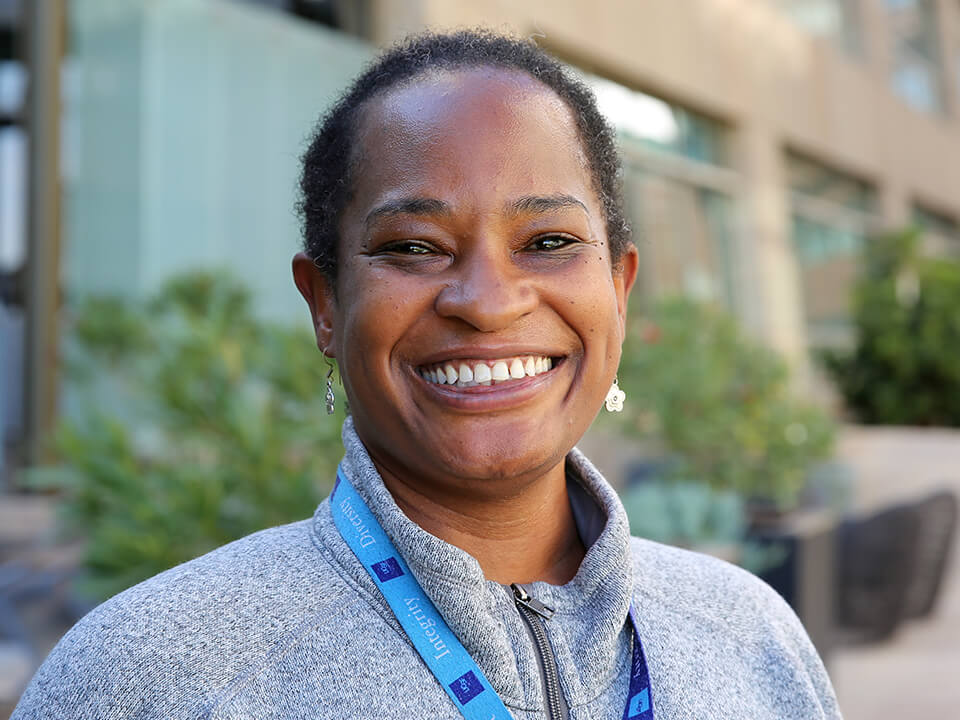
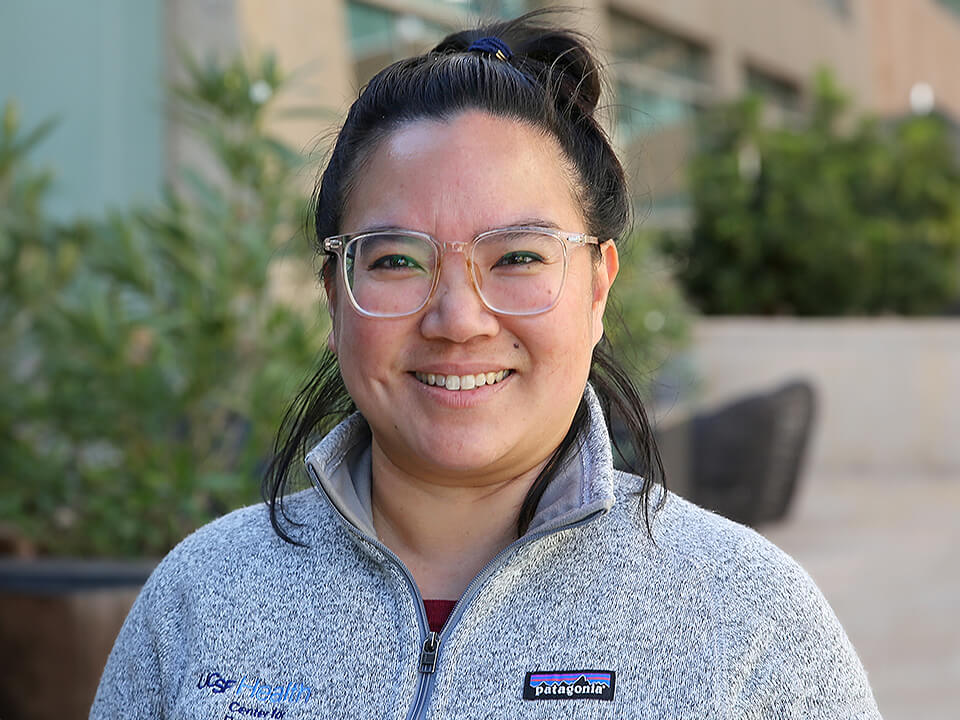

Women have variable amounts of estrogen produced from the growing follicles that circulates in their blood as they undergo ovarian stimulation. Higher studies suggest this difference may be related to how women metabolize estrogen. This matters because it effects how much hormone goes in circulation and may have implications on how effective medications are, as well as how many medication side effects women feel. Our goal will be to determine, if metabolize difference are present, and if so, to learn why these differences ocur.
You may be eligible if you are: Female, 18 years or older, and undergoing ovarian stimulation for elective oocyte cryopreservation or in vitro fertilization.


The study is enrolling UCSF CRH patients willing to donate embryos created during the IVF cycle that are of low quality and therefore cannot be used for treatment. Embryos to use in this project would normally be discarded because their quality indicates that they cannot implant and subsequently cannot give rise to pregnancy. The overall goal of the study is to develop cell-based therapies for diabetes.
You may be eligible if you are: female (or assigned female at birth), aged 18-41, undergoing IVF treatment at UCSF Center for Reproductive Health, and not using sperm or ovum donor samples

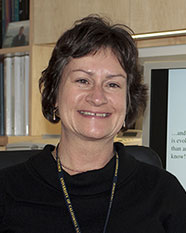

One of the most common fertility treatments is intrauterine insemination (IUI). Sperm is typically prepared for IUI with density gradient centrifugation, though this technique can damage the genetic material in sperm. Studies of sperm prepared with a newer process using the FDA-approved Zymot Multi sperm preparation device have shown a 67% higher pregnancy rate (an increase from 9% to 15%), less DNA damage, higher sperm motility (movement/speed), and better morphology (shape).
The purpose of this randomized controlled trial is to figure out which sperm preparation yields a higher pregnancy rate – density gradient centrifugation compared to the Zymot Multi sperm preparation device.
You may be eligible if you are: planning your first intrauterine insemination cycle and are not using a frozen sperm source
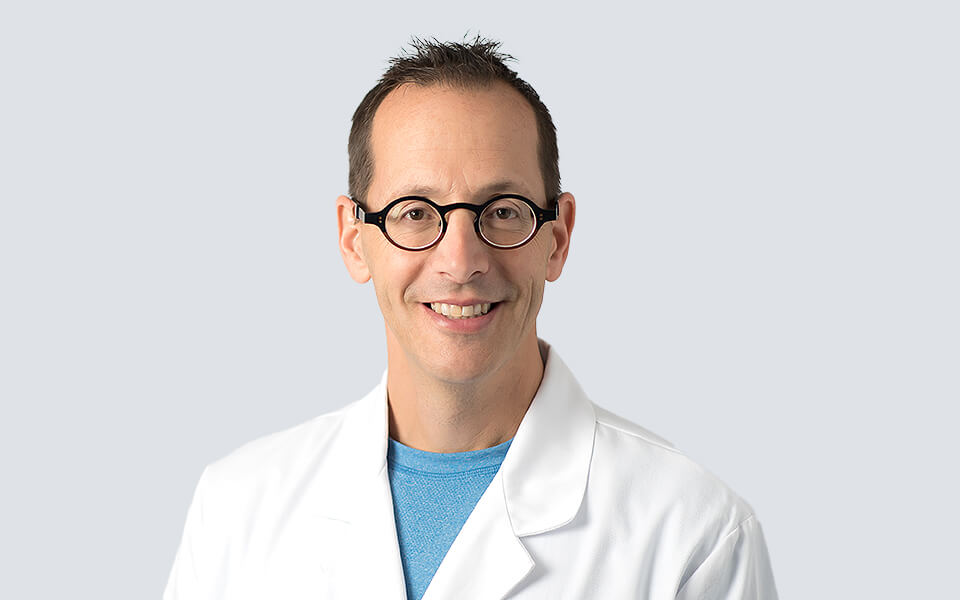
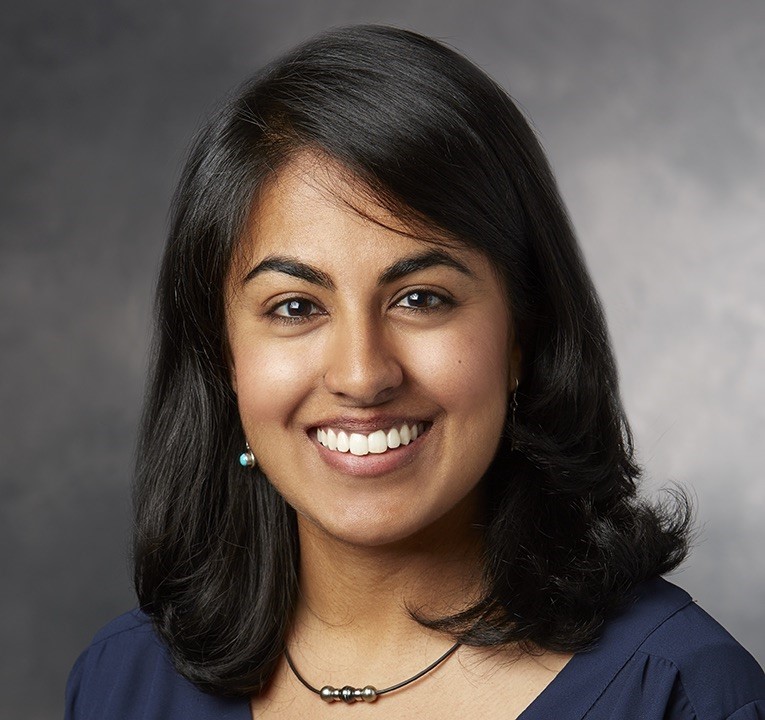
The REST-UP Study is about restoring metabolic and reproductive health with sleep in individuals with Polycystic Ovary Syndrome. This study specifically aims to investigate why some people with obstructive sleep apnea have higher levels of insulin resistance. Study investigators will also examine the role of hypoxia (low levels of oxygen in the blood at night) in insulin resistance. Participation in this study includes an overnight visit at the UCSF Sleep Center in Mission Bay or a 1-hour visit with a sleep technician to teach you how to set up polysomnography equipment at home for a night.


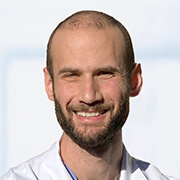
Academic standards. Pioneering research. Personalized care. Start your journey at the UCSF Center for Reproductive Health, located in Northern California's San Francisco Bay Area.